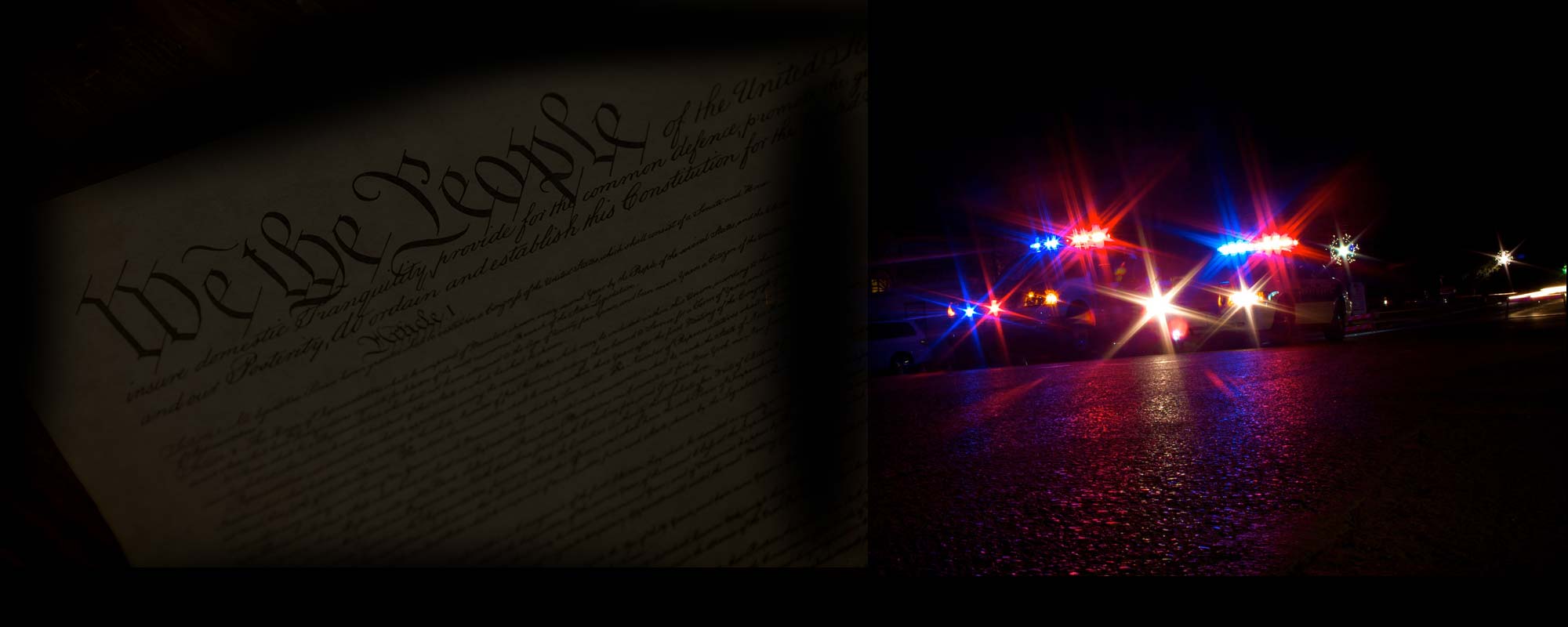Here is a classic, and probably the best example of why video recording of police interaction with the public should be universal, and why Shakespeare was right about lawyers – government lawyers. It was reported on May 5, 2016, by NewJersey.com that as many as three (3) New Jersey state troopers appear to be clueless about one of the most basic, fundamental concepts in the law – the right to remain silent – the core theme and message of “A Toast to Silence“.
During the evening of May 5, 2016, a New Jersey State Trooper pulled over an attorney from Pennsylvania for a routine speeding violation. As the attorney was obtaining her identification credentials, the trooper asked if she knew why she had been pulled over. The attorney did not answer initially, but upon persistent questioning by the trooper, and his threat to place her under arrest for obstructing justice if she remained silent, she responded that she was an attorney and knew she did not have to answer questions after identifying herself.
She was then ordered out of her car, and upon exiting, was immediately placed in hand cuffs. A second trooper arrived at the scene. With both officers escorting her to one of the police cars, she asked if she was being detained because she refused to speak. One of the troopers said “Yes”; the second officer adding “Yeah, obstruction.”
She was placed in one of the trooper’s police vehicles, and read the Miranda Warning – the opening line of which is the “right to remain silent”.
Upon arrival at the station a supervisory trooper asked her what happened, and why she was arrested. She told him they arrested her for not answering questions because that was obstruction. The Supervisor agreed, she had obstructed, then examined the video, then returned to the lawyer about thirty (30) minutes later, and admitted the arresting troopers were mistaken, apologized, and remarked that the arresting trooper was a just a rookie.
The arresting officer was just a rookie?! What about the supervisor who made the same mistake and added, “. . . chalk it up to training?! No, that’s either incompetence or police deception warned about in my book. Any grade school student having taken social studies knows better.
And the attorneys for the State of New Jersey who are defending the civil suit against the troopers for violating the civil rights of the attorney who was arrested because she exercised her right to silence? They are just as incompetent for claiming the officers acted in good faith. Arresting a speeder for obstructing by remaining silent and then immediately advising the person arrested of the right to remain silent is not a good faith mistake; it is incompetence. People like these should not have law licenses, guns or badges.
I anticipate a nice quiet settlement of the civil rights suit filed by the arrested Pennsylvania attorney, and payment to her of damages for the “good faith” of the trooper from New Jersey, captured on a dash cam video. Quiet, confidential settlements are the standard method of the deceptive – sweep dirt under the rug.
There are a few principles in our Constitution that are so basic that their violation simply cannot be dismissed with an apology, and the claim that the ignorance of any of them was a good faith mistake. It is prima facie bad faith for a law enforcement officer not to know the exercise of the absolute 5th Amendment right to silence is not a crime and particularly not the crime of obstructing. It is reasonable to expect an officer to encounter this issue daily on patrol. To not know what to do in these circumstances is incompetence, pure and simple. An officer making an arrest usually takes out his Miranda Warning card and reads it to the arrestee; many well trained officers can recite it from memory. It is plainly unacceptable for officers making this sort of mistake to label it as such, say I’m sorry, and move on. He or she should be quickly moved out of law enforcement and not to a desk job within the police department. They should be dismissed for costing tax payers the expense of paying money damages to folks they abuse because of incompetence.






